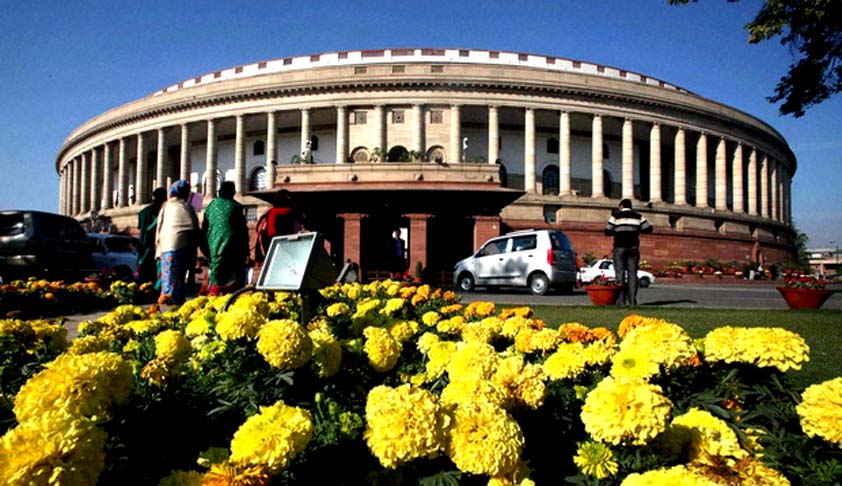- Home
- /
- Top Stories
- /
- Monsoon Session Of Parliament:...
Monsoon Session Of Parliament: Highlights
Manu Sebastian
13 Aug 2018 10:14 AM IST
The Monsoon Session of the Parliament from July 18 to August 10 witnessed a lot of action, with several bills getting passed. The highlights of key legislative actions during the Monsoon session are given below:Specific performance of contract to be the norm : Amendment to Specific Relief ActThe Parliament passed the Specific Relief (Amendment) Bill 2018, proposing to bring significant...
Next Story



